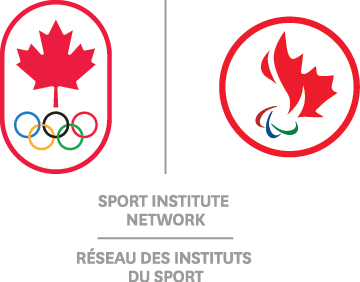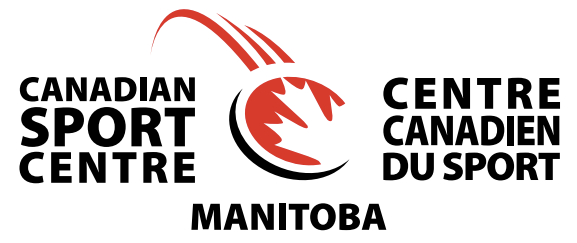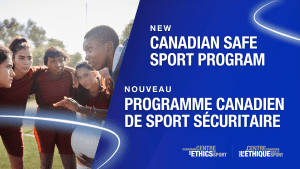
CSCM Reads
Books on Learning & Success
Participating in a sport is a great way to learn new skills. It’s also a great environment to learn how to learn, and once you know how to learn efficiently there’s no end to the skills you can develop. Here are a few lessons from some great books in this area that you may want to explore:
Make it Stick: The Science of Successful Learning by Peter C. Brown, Dr. Henry Roediger II, and Dr. Mark A. McDaniel
Learning should be effortful. Students who regularly test themselves, intentionally study the material they find most difficult, revisit material after they’ve had a chance to forget some of it, and mix up their study routine tend to learn and remember more efficiently than those who skim, cram, or practice without much thought or effort.
Peak: Secrets from the New Science of Expertise by Dr. Anders Ericsson and Dr. Robert Pool
Skill development doesn’t just require that you practice, it requires that you practice deliberately. Deliberate practice looks like:
- Having a specific goal. Rather than trying to “get better”, try to execute the skill proficiently on 80% or more of your attempts for three days in a row.
- Intense focus. Doing fewer, higher intensity, more focused repetitions will help you learn faster than lots of repetitions with your attention divided.
- Immediate, informative feedback. Knowing what you did right or wrong is important in helping you make an adjustment. This feedback can come from a coach, training partner, or even yourself!
- Getting out of your comfort zone. Lots of people only practice the things they do well or don’t challenge themselves sufficiently. If you want to learn something new, you have to try something you’ve never done!
The Talent Code and The Little Book of Talent by Daniel Coyle
Many people believe the myth that talent is something you’re born with – you either have it or you don’t. “The Talent Code” dispels this myth, teaching us that high-quality practice, passion and commitment, and expert coaching play a much larger role in your ability to develop talent than genetics does. “The Little Book of Talent” offers quick, easily digestible tips for how to make these a regular part of your training.
Mindset: The New Psychology of Success by Dr. Carol Dweck
How we think about ourselves and our potential to learn plays a significant role in motivation, enjoyment, and success. People who adopt a “fixed mindset” – believing that abilities are fixed – are less likely to thrive than those who adopt a “growth mindset” – believing that abilities can be developed with practice. Try treating challenges and failures as opportunities to learn, interesting puzzles to solve, and as something that you can’t quite do…yet.
Books on Mental Performance
The books above are great reads on how to succeed and excel at developing new skills. There are countless amazing books on mental performance! Below are just a few favourites from CSCM Mental Performance team. These books focus on understanding how we think and feel, and how that can affect athletes and non-athletes alike.
Peak Mind by Dr. Amishi Jha
Emotional Agility by Dr. Susan David
The Mental Athlete by Kay Porter


